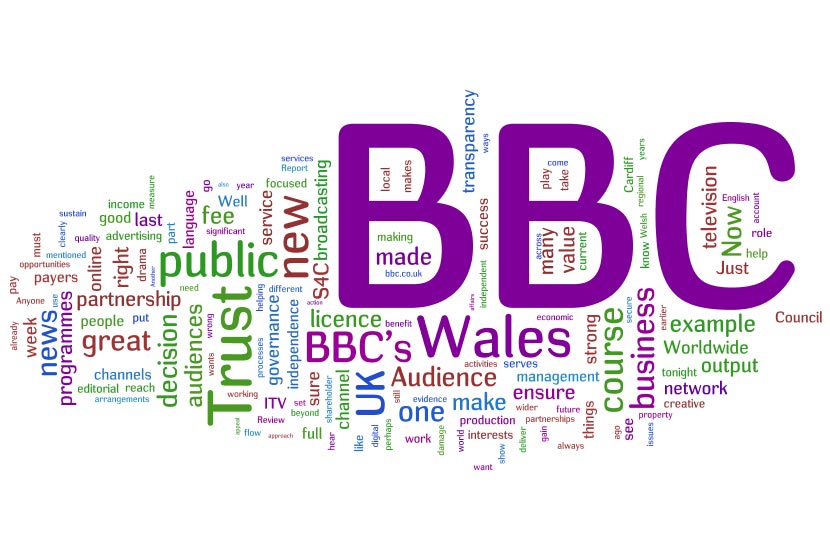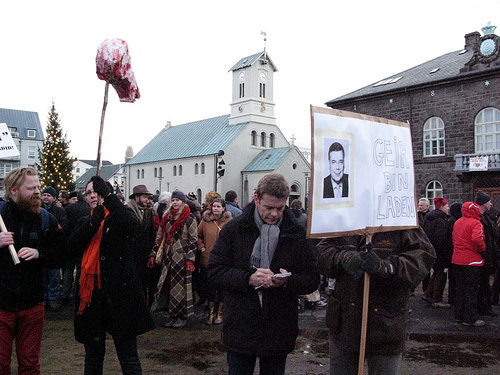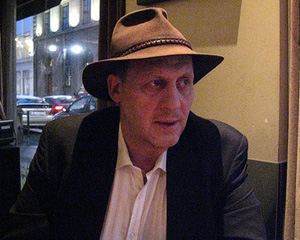“I insist that we are going to have to end up charging for our content wherever we can,” said Roberto Civita, CEO and chairman of Brazilian magazine publisher Abril, today.
“The more segmented the more we’ll be able to do this, the less segmented the less.”
Civita wasn’t the first publisher at this year’s FIPP World Magazine Congress: yesterday Guardian Media Group’s Carolyn McCall said charging for specific sections of Guardian.co.uk was a consideration.
He also echoed comments made earlier in the day by Google’s UK MD, Matt Brittin, who said publishers could learn from the e-commerce industry.
Magazine brands should be ideally placed to do this, for example, by placing direct links to buy on advertisements, he said.
Civita was adamant that magazines will continue and that the industry shouldn’t get hung up on what platform this happens on (“I really don’t think it makes any difference if we’re talking about paper or the new e-papers”) – it’s the quality of the product that matters
Fellow panellist Cathie Black, president of Hearst Magazines in the US, added to her Conde Nast’s counterpart’s remarks about the importance of brand.
“Strong brands will be brands going out into the future. Strong brand, strong advertising, strong editorial,” she said, adding that Hearst brands should be at the centre with spokes from them crossing into e-commerce, merchandising, and other media revenues, like TV spin-off ‘Running in Heels’.
So – print’s going to survive and while online will grow (and e-readers too) – where does that leave digital content?
Both Black and Civita agree: magazines’ digital offerings should be differentiated from what else is available in their sector online.
“We must continue to emphasise the things that have made our magazines what they are today: remained tuned to interests and characteristics of our readers (…) maintain our integrity and ethical principles which are the cornerstone of our greatest asset, our credibility,” said Civita.
And – one parting thought from panel chair Lord Heseltine, chairman of Haymarket – the two platforms must work together:
“The pure-play people have got to keep promoting their product. If we have a brand we have a natural promotion vehicle. I’ve seen examples where pure-play people have launched very successful sites, much more successful than ours, but it’s only been a matter of time before we caught them.”


